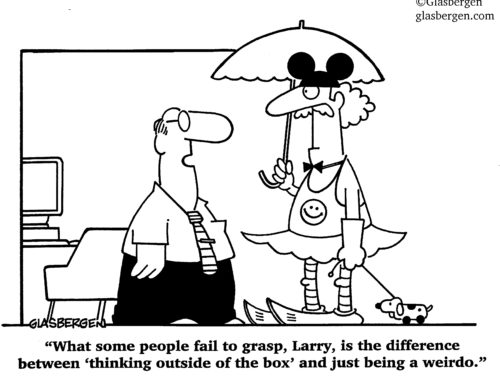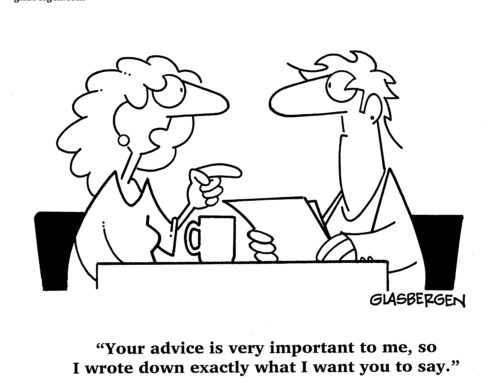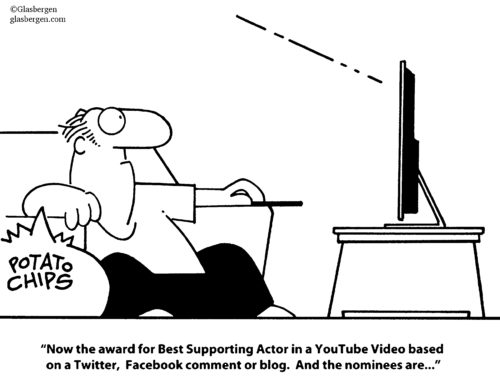To what extent are we judged by our nonverbal communication?
Or, put another way, do we judge other people by their facial expressions, appearance or body language?
I think we all know the answer to that one!
You may be familiar with Albert Mehrabian’s research findings that a staggering 55% of what we understand from a face-to-face conversation with someone comes from their body language signals, 38% from their tone of voice and only 8% from the words themselves – scary stuff for those of us who speak a lot!
To be accurate, Mehrabian was referring only to the feelings and emotions we pick up from face-to-face communication – even so, we shouldn’t underestimate the power of nonverbal communication as an interpersonal skill. The example I often give is of seeing someone we know well, head in hands with a miserable voice, saying “I’m fine.” when asked how they are. Although we know what “fine” means, we discount the word and understand from the body language and tone of voice that our friend is not fine at all.
Studies have shown that interviewers make up their minds about prospective job candidates within seconds of first meeting them – due almost entirely to their impression from nonverbal communication. That’s really not fair – people often turn out to be very different from our first impression of them – but it is a fact of life.
Open and approachable body language lets others know that we are willing to communicate and that we are interested in them. This needs to come from inside, as it’s very hard to manufacture body language convincingly. A few pointers, though:
- smiling is the biggest sign of being approachable – check your expression so it doesn’t put others off!
- making friendly eye-contact lets people know you’re interested in what they’re saying – don’t stare them down, though!
- open body language portrays your willingness to communicate – you may be folding your arms because it’s comfortable, but be careful it doesn’t come across as defensive!
If you enjoy ‘people watching’ you probably draw conclusions about personalities or attitudes – just remember that others are doing the same to you.



